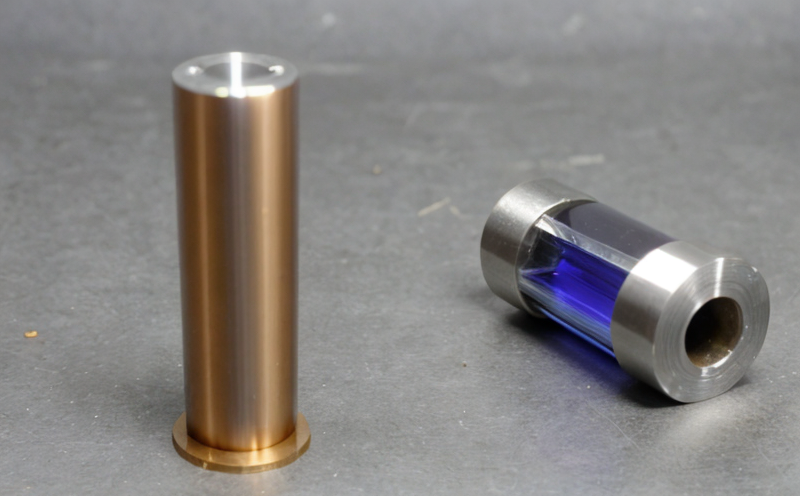BS EN ISO 6330 Domestic washing and drying test methods
The BS EN ISO 6330 standard provides a comprehensive set of procedures for assessing the dimensional stability and shrinkage of textile materials under domestic washing and drying conditions. This service is crucial for ensuring that textiles maintain their size, shape, and fit over multiple washings without compromising on quality or appearance.
Dimensional stability testing helps manufacturers to develop products that meet customer expectations regarding durability and longevity. It ensures that the fabrics used in clothing items remain true to size after repeated cycles of washing and drying. Shrinkage can significantly impact consumer satisfaction, particularly for garments like towels, bed linens, and other textiles intended for home use.
The testing process involves subjecting specimens cut from fabric samples to a series of domestic laundry cycles using detergents and water temperatures typical of household washing machines. After each wash cycle, the samples are dried according to specified conditions, which may vary depending on whether tumble drying is required. Following these processes, the dimensions of the samples are measured precisely.
The results provide valuable insights into how fabrics behave under realistic domestic conditions. These data points are essential for textile designers and manufacturers who aim to create products that not only look good but also perform well over time. Understanding shrinkage behavior allows companies to make informed decisions about fabric selection, design modifications, and production processes.
By adhering to international standards like BS EN ISO 6330, laboratories ensure consistent and reliable results across different testing environments. This consistency is vital for maintaining the integrity of quality assurance programs within organizations. Moreover, compliance with such standards enhances brand reputation by demonstrating a commitment to product excellence.
In addition to measuring physical dimensions post-wash/post-dry, this service also evaluates other aspects that contribute to overall dimensional stability. For instance, it considers how much fabric stretches during washing and drying cycles. Stretch resistance is an important factor when designing elastic garments or those requiring specific fit characteristics. Additionally, colorfastness under these conditions plays a crucial role in determining the suitability of certain materials for particular applications.
For weavers and textile manufacturers operating at various scales—from small boutique operations to large corporate entities—this service offers actionable information that can drive innovation and improvement efforts. By leveraging accurate measurements from BS EN ISO 6330 tests, companies can enhance their offerings by introducing new products designed specifically with durability in mind.
It is worth noting that while the focus here has been on domestic washing and drying methods, similar principles apply to industrial laundering practices. Understanding how fabrics behave under both residential and commercial conditions enables textile professionals to tailor solutions more effectively for diverse end users.
Applied Standards
| Standard | Description |
|---|---|
| BS EN ISO 6330:2017 | Dominic washing and drying test methods for textile materials. |
| ASTM D4859-03(2016) | Liquid detergent resistance of fabrics tested under conditions simulating domestic washing. |
Eurolab Advantages
At Eurolab, we pride ourselves on delivering high-quality textile testing services that meet the highest standards of accuracy and reliability. Our dedicated team uses cutting-edge equipment calibrated to international specifications, ensuring consistent results across all tests.
- Accurate measurements using state-of-the-art instrumentation
- Experienced technicians with extensive knowledge of textile testing protocols
- Comprehensive reports tailored to your specific requirements
- Quick turnaround times for faster decision-making
Why Choose This Test
- Maintains fabric integrity over multiple washes and dryings
- Aids in product development by identifying potential issues early on
- Ensures compliance with industry standards, enhancing brand reputation
- Provides valuable data for improving manufacturing processes





